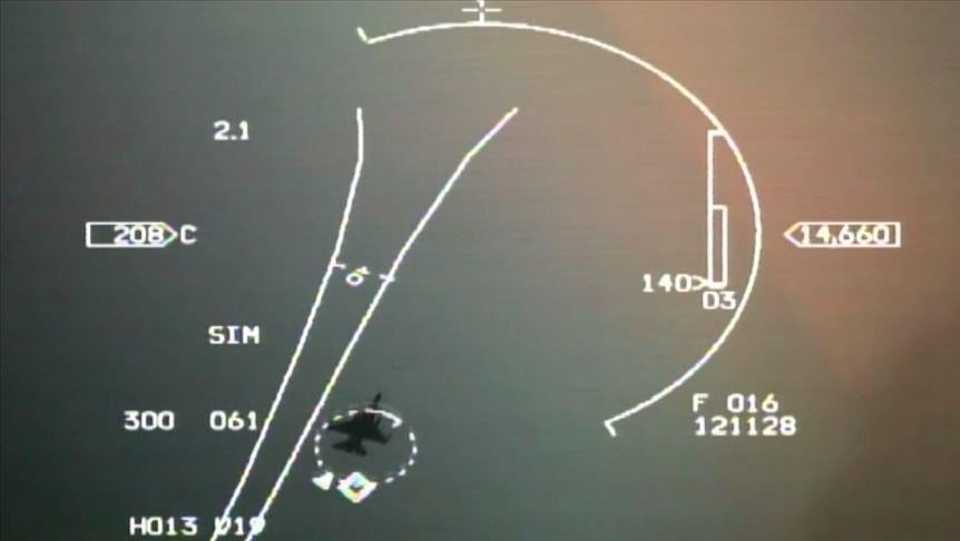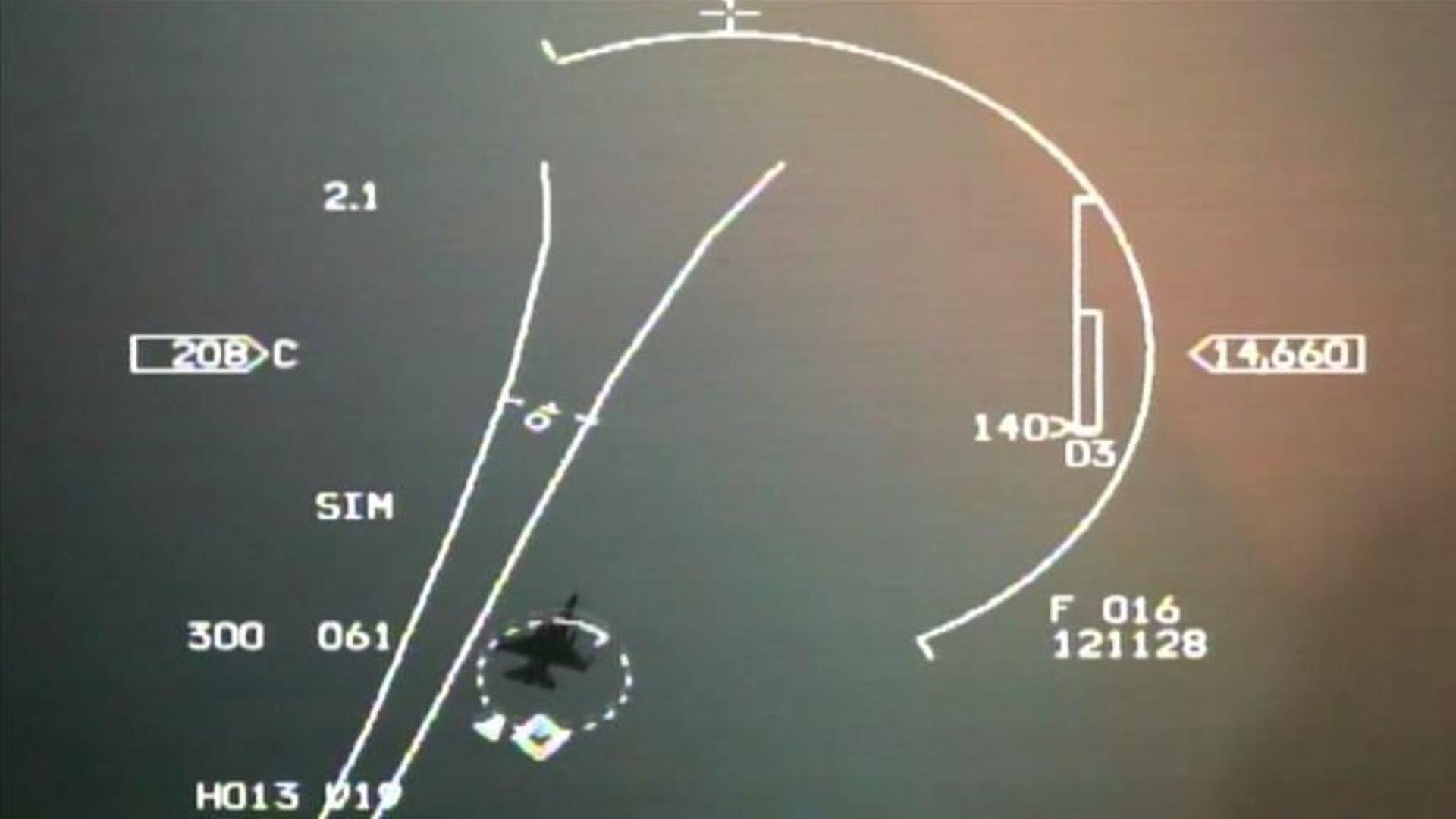
Turkey has warded off six Greek F-16 jets as they approached the region in the Eastern Mediterranean where Turkey had issued a maritime Navtex alert.
On August 27, the Turkish Air Forces’ radar systems detected six F-16 jets taking off from Greece’s Crete island and heading for Greek Cypriot Administration, Turkey’s National Defence Ministry said in a statement on Friday.
Turkish F-16 jets intercepted jets approaching the area where Turkey had issued Navtex alert in the Cyprus island’s southwest and warded them off after finding that jets belonged to Greece, it added.
The Turkish Navy and Air Force continue to resolutely protect Turkey’s rights and interests in the Eastern Mediterranean.
Turkey on Thursday issued a new Navtex alert announcing a second four-day extension to the energy exploration of its seismic research vessel, the MTA Oruc Reis, in the Eastern Mediterranean, which Turkey had first announced would conduct research in the region until August 23.
READ MORE: Key aspects of Turkey’s Mediterranean mission, explained
Turkey to protect its rights in land, air, sea
Turkey’s Presidential Advisor and Spokesman Ibrahim Kalin said in a statement that Turkey is fully committed to protecting its rights and interests in land, air and the sea.
“As our president said, ‘We don’t have an eye on anyone’s rights and we will not allow anyone to denigrate our rights,’“ Kalin added.
Energy exploration
Navtex or Navigational Telex is a maritime communications system that allows ships to inform other vessels about their presence in an area, as well as other information.
Turkey resumed energy exploration earlier this month in the Eastern Mediterranean after Greece and Egypt signed a controversial maritime delimitation deal.
Greece and other countries have tried to box in Turkey’s maritime territory and energy exploration rights, despite no country having a longer coastline on the Mediterranean.
Turkey has consistently opposed Greek efforts to declare a huge exclusive economic zone, violating the interests of Turkey, which has the longest coastline in the Mediterranean.
Ankara has also said that energy resources near the island of Cyprus must be shared fairly between the Turkish Republic of Northern Cyprus (TRNC) – which has issued Turkish state oil company Turkish Petroleum a license – and the Greek Cypriot Administration of Southern Cyprus.
READ MORE: Greek soldiers in military drill ‘scare’ civilians in Western Thrace










Discussion about this post